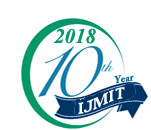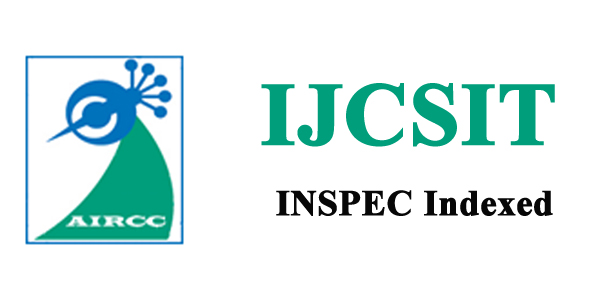Scope & Topics
The International Journal of Managing Information Technology (IJMIT) is a quarterly open access peer-reviewed journal that publishes articles that contribute new results in all areas of the strategic application of information technology (IT) in organizations. The journal focuses on innovative ideas and best practices in using IT to advance organizations – for-profit, non-profit, and governmental. The goal of this journal is to bring together researchers and practitioners from academia, government and industry to focus on understanding both how to use IT to support the strategy and goals of the organization and to employ IT in new ways to foster greater collaboration, communication and information sharing both within the organization and with its stakeholders. The International Journal of Managing Information Technology seeks to establish new collaborations, new best practices, and new theories in these areas
Authors are solicited to contribute to the journal by submitting articles that illustrate research results, projects, surveying works and industrial experiences that describe significant advances in the areas of information technology and management.
Topics of interest include, but are not limited to, the following:
|
|
Important Dates
- Submission Deadline : March 09, 2026
- Notification : April 07, 2026
- Final Manuscript Due : April 14, 2026
- Publication Date : Determined by the Editor-in-Chief



